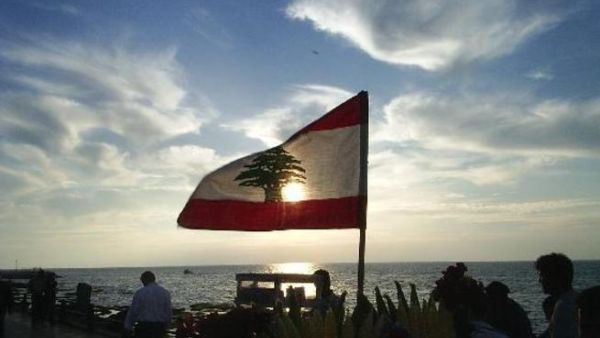Fuel provided to a Turkish electricity barge was up to standard, supplier Electricite du Liban said Monday, raising further questions over its recent shutdown, but the company that runs the vessel maintained that a second load was unusable.
Production at the Fatmagül Sultan electricity barge, which has an installed capacity of over 200 megawatts, ground to a halt late last week amid claims that the fuel supplied by EDL was too poor in quality to be used.
“The Turkish firm sent fuel samples to VISWA international laboratories and the results, announced on 03/03/2013, were identical to those stipulated in appendix B of the contract with the company,” EDL’s statement said.
“During the trial period [from Mar. 3 to Mar. 20], there were no reservations from the Turkish side,” it added.
Under a $360 million three-year contract signed by the Energy Ministry in 2012, the Lebanese government is responsible for supplying the fuel needed to operate the turbines.
Nine out of 11 turbines stopped working last Wednesday, and the boat shut down completely a few days ago, sources from EDL and Karkey Karadeniz Elektrik Uretim, the Turkish company that operates the barge, confirmed.
A source close to Karadeniz said while a first fuel shipment was relatively compliant with the contract, the second shipment, which arrived last week, was unacceptable.
The shipment allegedly contained a significant amount of fuel additives, including used lube-oil and metals that, while suitable for EDL plants, are not fit for the ship’s generators, the source said.
The source added the contract clearly stipulated that fuel supplies must match ISO 8217, which was not the case for the second fuel shipment.
EDL, however, said the Turkish company first complained about low fuel-quality on Mar. 17 after the ship had already successfully produced over 180 megawatts of electricity.
“Only three days after ... the ship’s production was dropped to its lowest and was then shut down completely,” the statement said.
“[Fuel quality] issues should have been raised by the company before signing the contract and should have been included in the agreement.”
Under the contract signed between the Energy Ministry and Karadeniz in 2012, the company is subject to penalties of $270,000 a day if production delays occur.
The Karadeniz source, however, said tests conducted on the second shipment cleared the Turkish company of any wrongdoing and disqualified any compensation claim.
The source insisted there were no power failures at the ship’s generators as claimed in several media reports but that the ship was voluntary shut because of inappropriate fuel.
He said the company was being promised an ISO-compliant fuel shipment in two weeks.
EDL said it would continue to work with the Energy Ministry and Karadeniz to restore power production.
“We are working to find an appropriate solution allowing the ship returns to producing electricity as soon as possible within the framework of the contract and without causing the Lebanese state any additional costs,” the statement said.








